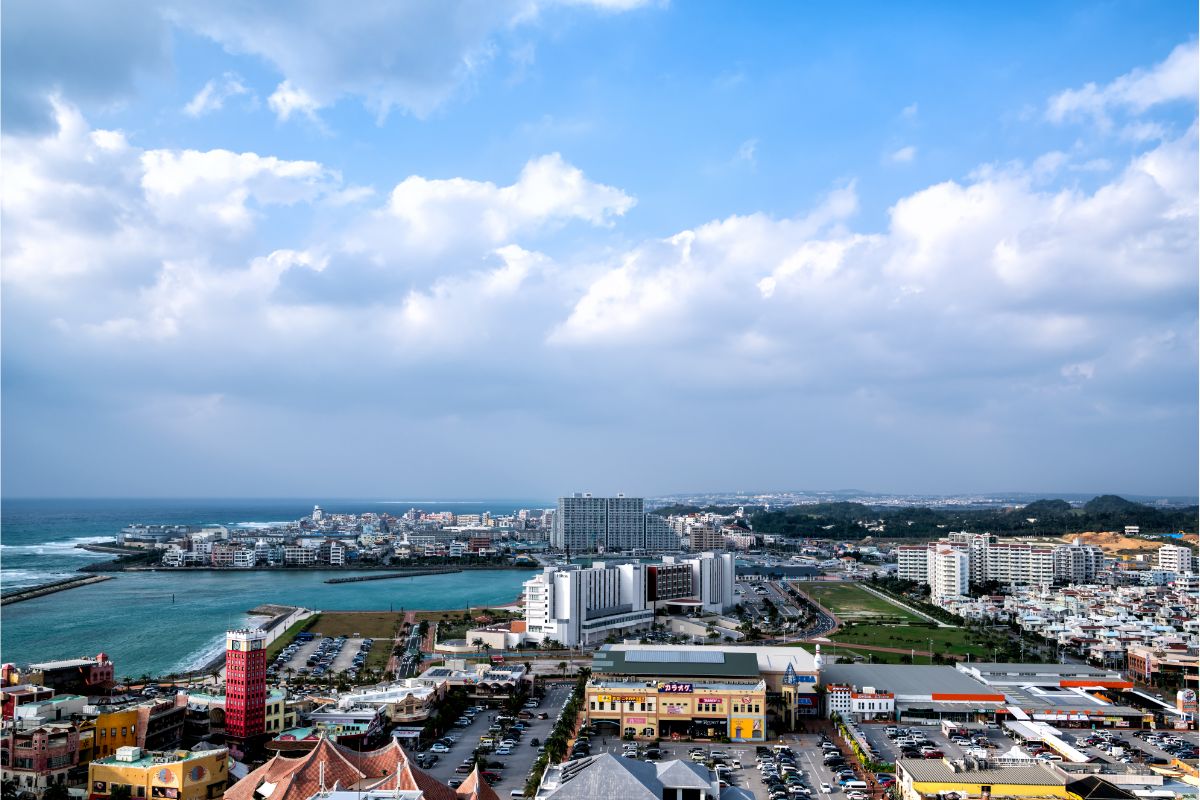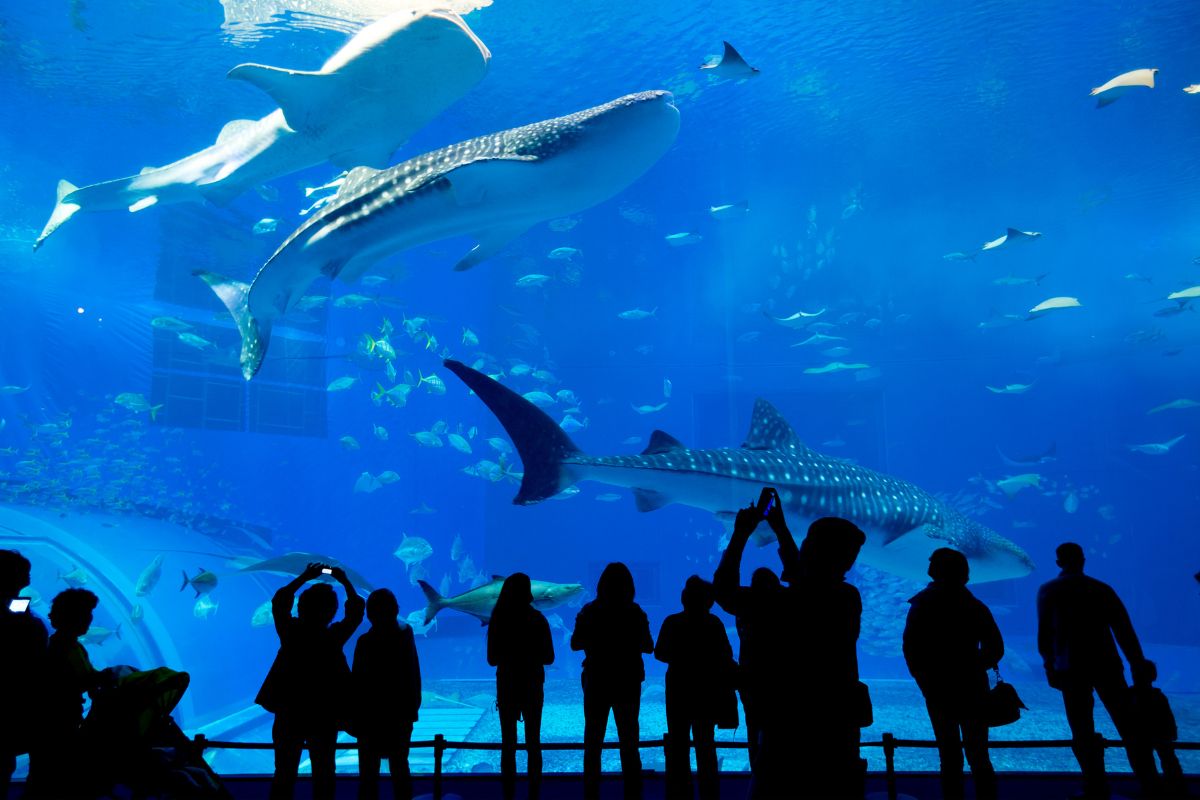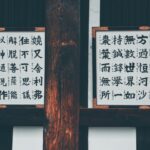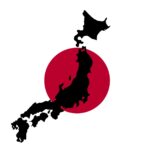Visiting Okinawa soon and watch to brush up on your phrases? While it might sound strange, the people of Okinawa do not speak traditional Japanese like you might be used to.
On this beautiful island, the people actually speak Uchinaa Yamatu-guchi (ウチナーヤマトゥグチ, 沖縄大和口) or Okinawan Japanese.
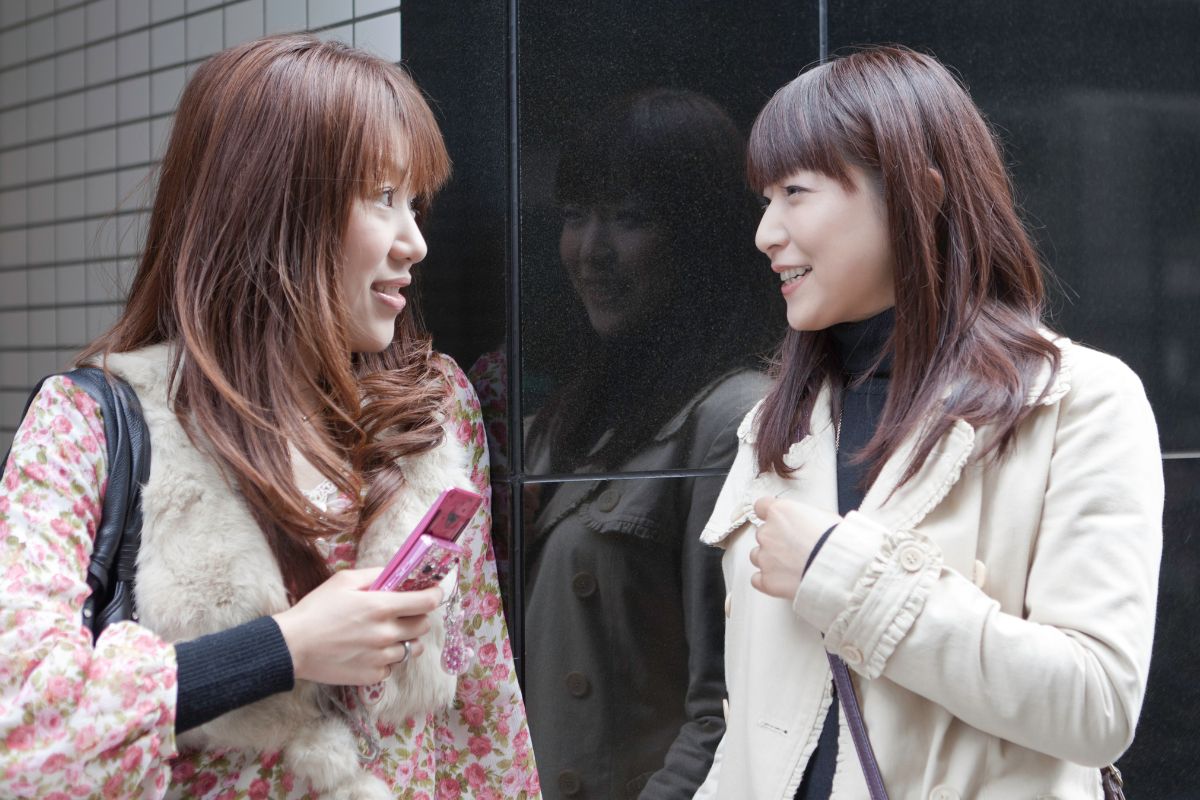
This language has been influenced by the traditional Kunigami and Okinawan languages. Many older people on the islands still speak Okinawan, but most of the younger generation use Okinawan Japanese.
While there are a number of similarities between Okinawan Japanese and traditional Japanese, there are also words and phrases that are unique to this language.
So, even if you know Japanese, you might still want to brush up on your Okinawan Japanese if you are planning on visiting the island!
Are Traditional Japanese And Okinawan Japanese Similar?
Both traditional Japanese and Okinawan Japanese use similar alphabets. This is made up of a mix of kanji, katakana, and hiragana.
Because of this, Okinawan Japanese and Okinawan as a whole might look very similar if you do not actually know the language, or what the letters mean.
Because Okinawa used to be its own country until the Edo Period in the 1800s, the language is not the only different thing that is different on this island.
Compared to the rest of Japan, the island of Okinawa is completely different, with a different culture and even feeling.
The vast majority of people (if not all people) will still understand traditional Japanese if you were to speak it there. However, learning the language, or at least some useful phrases, is a great way to show respect to the locals if you are visiting.
As such, we would definitely recommend learning some Okinawan Japanese to really show your appreciation for the island, its people, and the different culture.
How Do Okinawans Say Hello?
Knowing how to say hello in any language is important if you plan on spending any time there at all. If you travel to Okinawa, do not rely on the usual こんにちは (konnichiwa) when you are greeting people.
Although they will know what you are saying and understand it perfectly well, you are going to want to go above and beyond.
To greet an Okinawan, you should instead say haisai (はいさい). If you want to be more polite and use a softer tone when speaking, you could also say “haitai” (はいたい) – this is the feminine version of haisai.
These words are versatile, and can actually be used at any time of day in Okinawa. It could mean good afternoon, good morning, or just good day, so it is easy to use and universal. It perfectly reflects the laid back culture and lifestyle of Okinawa.
Other Useful Okinawan Phrases To Know
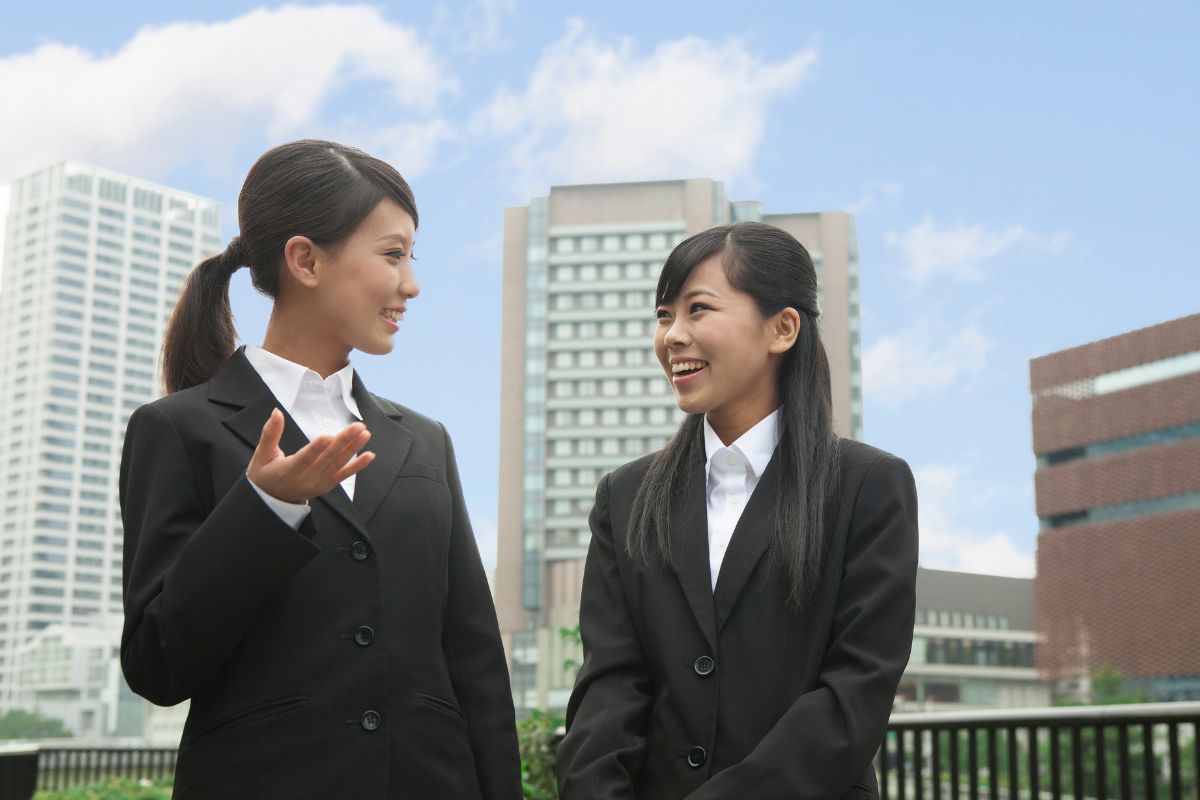
If you learn how to say “hello” to Okinawans, why stop there? There are a number of useful words and phrases that you should be equipped with before you land on the island.
These can help you to have a better experience, and have less difficulty navigating.
To make the most of your time around Okinawa, we would suggest learning at least some of the phrases we have added below.
With these in your arsenal, you will have an easier time navigating the area, and you can have more meaningful interactions with the people around you.
Pleased To Meet You – 初みてぃ拝なびら (Hajimiti Wuganabira)
This is your Japanese version of 初めまして, or “hajimemashite”, and will be said when you meet a new person on the island. It essentially means “pleased to meet you”, and is a nice way to show your respect and appreciation.
There are some similarities between the two phrases, and you can see that the same kanji is used at the beginning of the phrase. This might make it easier to remember!
How Are You? – 頑丈やみ (Ganjuu Yami?)
If you would like to greet someone informally, you can use this phrase. It is versatile and easy to say, but you can also make it more formal by turning it into 頑丈やいびーみ, or ganjuu yaibiimi?
Use your discretion when deciding between the two, because you should always aim to be respectful, but not overdo it!
Thank You – 御拝でーびーる (Nifee Debiru)
Try not to use the usual ありがとう(arigatou) when talking to an Okinawan. There is nothing wrong with it, and people will understand it, but you can do better! Instead, say 御拝でーびーる, or niffee debiru to express your appreciation.
This phrase might sometimes be followed up with “ippee” – which is basically an extension that means “thank you very much” or just “very much”.
On the back of that, you should know how to say “you’re welcome” – just in case! This is written as ぐぶりーさびたん, and pronounced guburii sabitan.
I Don’t Understand – 分かやびらん (Wakayabiran)
As a visitor, you are not going to understand everything that everyone is trying to tell you – and that’s okay! However, it is a good idea for you to know how to communicate that, so people don’t get frustrated.
To do this you will use the phrase 分かやびらん、 or wakayabiran. If you know Japanese, you will notice that the Japanese wakarimasen (分かりません) even use the same kanji, so this might help you to remember.
Thank You For The Delicious Food – くぁちいさびたん (Kwachii Sabitan)
Like in Japanese, it is polite to show your appreciation for the food after finishing a tasty meal. Where you would say ご馳走様でした or gochisousamadeshita in Japanese, you would say kwachii sabitan.
This will do a much better job of convincing your hosts that you enjoyed all their hard work.
Long Time No See – 長ーさやー (Nageesayaa)
If you would like to greet someone with the English equivalent of “long time no see” when visiting Okinawa, you can say 長ーさやー, or nageesayaa.
This is similar to the Japanese 久しぶり, or hisashiburi, can might be used with friends and acquaintances if you feel it is appropriate.
There are a few different ways for you to say this if you prefer, including (but not limited to) Wuganduusa, Miiduu saibiinyaa, and Wuganduu sanu.
Welcome – めんそーれー (Mensore)
When you arrive at Okinawa, you will probably start to recognize this phrase a lot, and it means “welcome!” Many of the locals use this phrase to greet tourists, and it is much like Hawaiians say “aloha” to visitors to Hawaii.
If you are lucky, you will hear a lot of this!
Sorry – 悪さいびーん (Wassaibiin)
We all fumble and make mistakes, that is a part of life. Just make sure that you can apologize for them when visiting Okinawa if you need to!
In Japanese, you would say ごめんなさい (gomennasai) or すみません) (sumimasen), but it is different for Okinawans. Here, be sure to say 悪さいびーん, or “wassaibiin” if you need to say you are sorry.
This will get the message across, and you can show your respect while you do it!
Final Thoughts
Okinawans speak a different language from the other Japanese islands. While the people understand and might use traditional Japanese, most of them will either speak Okinawan, or Okinawan Japanese.
The two are not interchangeable, and are completely different, though you will find some similarities. So, even if you know Japanese well, you need to take the time to learn Okinawan Japanese if you are visiting there.
- 16 Best Websites To Watch Japanese Movies With English Subtitles - May 11, 2023
- Is ZIPAIR The Best Airline For Traveling To Japan? - May 11, 2023
- Ryu Murakami Vs Haruki Murakami – Which One Should You Read? - May 11, 2023


